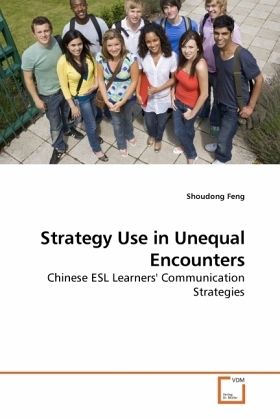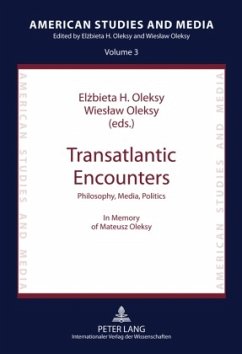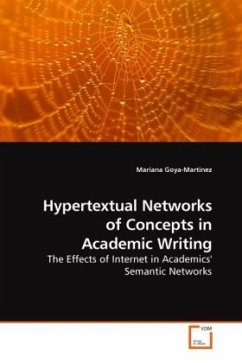
Strategy Use in Unequal Encounters
Chinese ESL Learners' Communication Strategies
Versandkostenfrei!
Versandfertig in 6-10 Tagen
39,99 €
inkl. MwSt.

PAYBACK Punkte
20 °P sammeln!
The research examined the pragmatic communication strategies of Chinese ESL learners in unequal encounters. The use of strategies in a formal and an informal setting was compared by using critical discourse analysis as the theoretical framework. The study found that in both settings there are unequal relationships between the two parties engaged in interaction. In the classroom context, the instructor decided the agenda, materials, topics, methods of teaching, turn of speaking, and finally and probably most importantly the grades. In the tutorial session, the tutors, although not having so muc...
The research examined the pragmatic communication strategies of Chinese ESL learners in unequal encounters. The use of strategies in a formal and an informal setting was compared by using critical discourse analysis as the theoretical framework. The study found that in both settings there are unequal relationships between the two parties engaged in interaction. In the classroom context, the instructor decided the agenda, materials, topics, methods of teaching, turn of speaking, and finally and probably most importantly the grades. In the tutorial session, the tutors, although not having so much power over the students, were found to determine the topics, and sometimes place value judgment on the students' beliefs. Findings also suggest that the ESL learners adopted various types of pragmatic strategies in negotiating their relationship with the instructor and tutors. Facing the powerful party in each context, they chose to employ strategies such as indirect disagreement, smile, humor, silence, deference through the tone, self-promotional speech and others in order to accomplish their communicative goals. The context had an impact on the strategies used.












